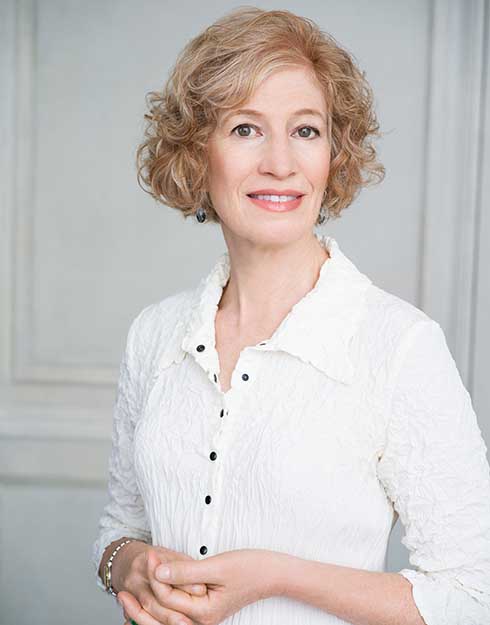Natalie Wexler speaks October 19 on how to narrow the knowledge gap
How do elementary schools nationwide move the needle on stronger reading skills for all students? Education expert Natalie Wexler, author of The Knowledge Gap and co-author of The Writing Revolution, says the answer is to focus on more than teaching comprehension skills by adding content-rich subjects like social studies and science to build students’ knowledge beginning in kindergarten. Wexler brings her keynote address, The Knowledge Gap: What it is and How to Narrow it, to Nazareth College on October 19 at 6:30 p.m. in the Shults Center Forum. The graduate literacy program and Project RISE collaborated on this Alice Foley Lecture to support local educators in working interprofessionally to support foundational reading skills. Pre-registration is required.
Elementary schools spend hours every week on decontextualized reading comprehension skills like “finding the main idea,” leaving little or no time for those subjects rich in content — especially in schools where test scores are low. Cognitive science shows that content knowledge is critical to a student's ability to comprehend what they read. Yet, Wexler also advocates for early and strong instruction in foundational reading skills like phonics talk in an engaging way for students.
Wexler believes this is part of the knowledge gap — that early reading skills are not being taught in a systematic way. She will explain that an increasing number of schools are seeing promising results by adopting new curricula that combine foundational reading skills with content-rich subjects to increase reading comprehension.
Wexler is a senior contributor to the education channel on Forbes.com. Her articles and essays on education and other topics have appeared in The New York Times, The Washington Post, The Atlantic, The Wall Street Journal, the MIT Technology Review, The American Scholar, and other publications. She has spoken on education before a wide variety of groups and appeared on a number of TV and radio shows, including Morning Joe and NPR’s On Point and 1A.
She holds a bachelor’s degree from Harvard University, a master’s degree in history from the University of Sussex (United Kingdom), and a juris doctor law degree from the University of Pennsylvania. She has worked as a reporter, a Supreme Court law clerk, a lawyer, and a legal historian.
Contact
Julie Long | Senior News & PR Officer | jlong2@naz.edu | (585) 389-2456 | (585) 781-8186 (cell)
Nazareth University is an inclusive community of inspired learners, educators, and changemakers who for 100 years have been driven by a bold commitment to action, empathy, equity, and leading innovation for the common good. Impact experiences are at the heart of a Nazareth education, preparing each student to discover within themselves the potential to cultivate positive change in their life's work, in any career field, and in a world that is constantly evolving and infinitely interconnected.
Our broad academic offerings present a range of study options typical of larger universities, yet achieved in our supportive campus culture. Nearly 2,100 undergrad and 600 graduate students enroll in degree and certificate programs and engage in collaborative, transformative learning experiences, preparing for the professions and society of today and tomorrow. In a learning community that purposefully integrates liberal arts and professional programs, Nazareth University graduates are able to launch a lifetime of impactful leadership in communities and workplaces near and far.
